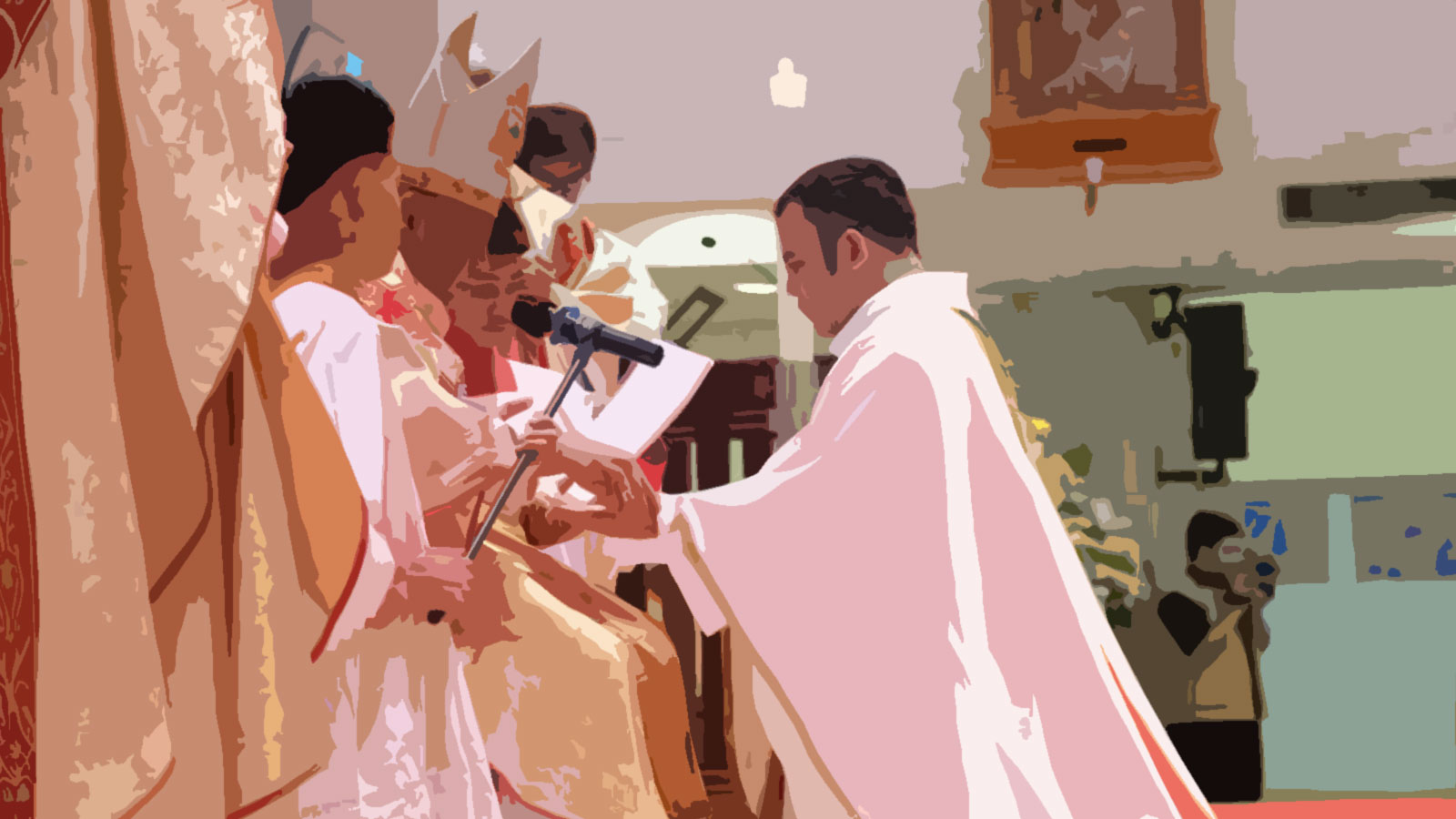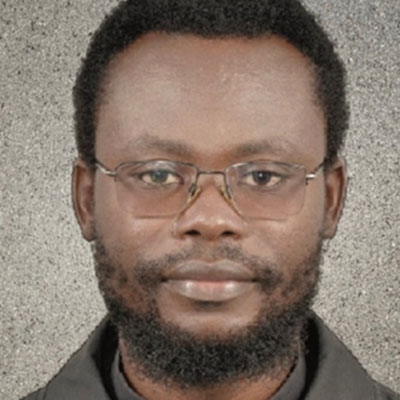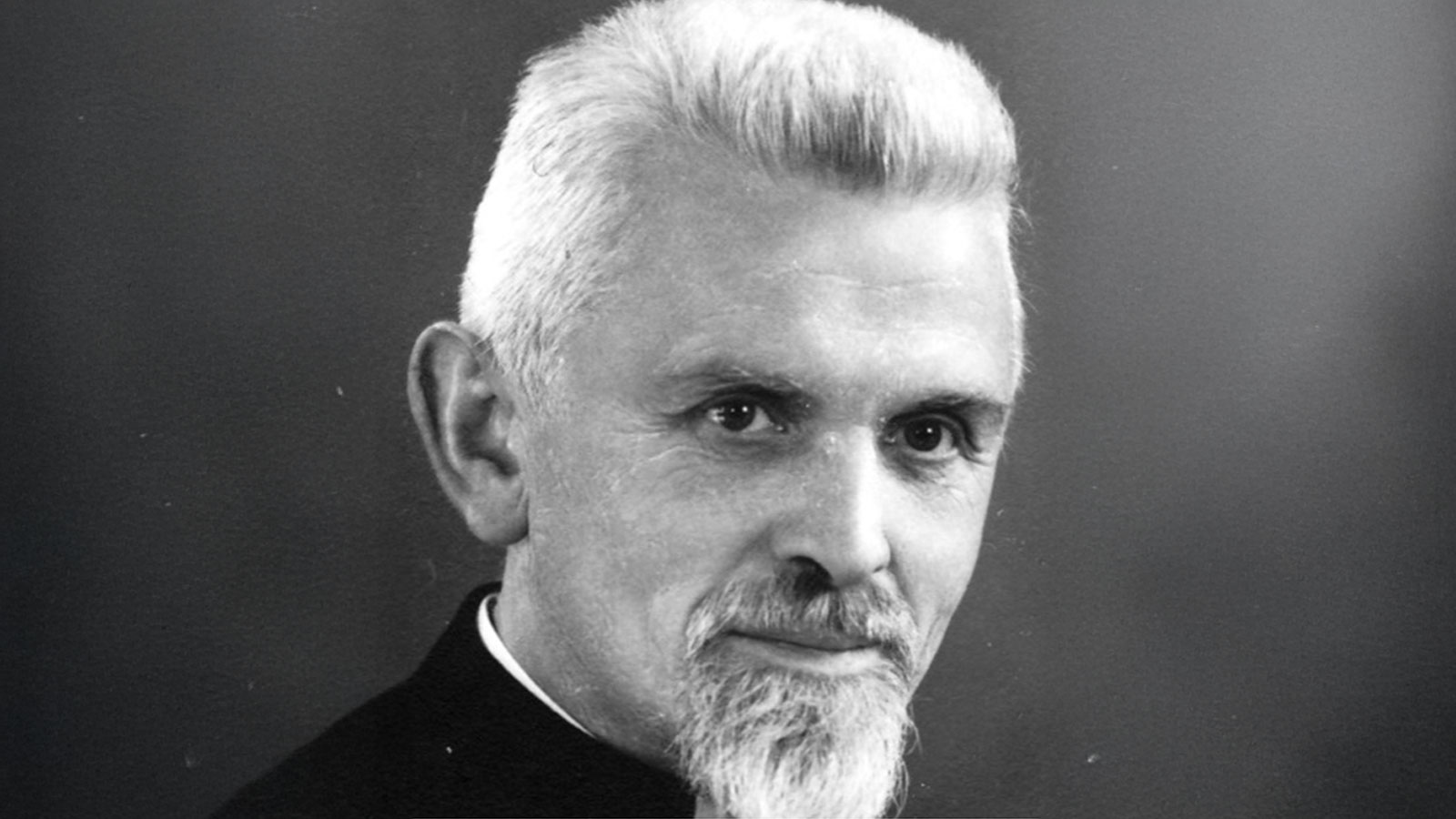 By Jean Peeters, cicm
By Jean Peeters, cicm
In Belgium, as in many European countries, thousands of people are trying to obtain refugee status in order to be able to reside legally in the country and enjoy all the rights of Belgians. But because the conditions for admission are strict–for example, proving that you are in danger of death in your own country, that you risk imprisonment for being gay–more than 140,000 people live here illegally because their application was refused three times. Legally, they do not exist and have no rights except for emergency medical care.
Despite the occupying of the Béguinage Church in Brussels in 2021/2022 by nearly 120 people for six months, followed by a hunger strike and then a thirst strike and the threat to bring down the Government, the criteria for their regularization have not changed: a bitter failure and a great disappointment. Interested, the members of the Committee of Justice, Peace, and Integrity of Creation (JPIC) of the CICM Province of België-Nederland were mobilized to write an appeal to the Government in all the media and thus try to make the Belgian mentality change.
Scandalized by the situation of these people, we did not ask for their complete “regularization.” Still, at least we asked that these people benefit from the fundamental rights for a dignified life: the right to complain in case of sexual aggression without the danger of being expelled, the right to work, follow a training, pursue studies, have a bank account, or a driving license, etc.
Indeed, most of these people live among us through undeclared work. These clandestine or undeclared workers, men, and women, are very numerous in construction companies and markets. They also work as babysitters, housekeepers, and ironers, but always with miserable wages. The base community of the Beguinage, of which I am a member, has often met them, several have shown us the scars caused by a work accident, but without compensation, others have told us the conditions in which they were forced to work almost like slaves: no suitable clothes, 10 hours of work a day, weekend work, lodging on the spot, no medical care, dismissed without payment, impossible to send money to their families with Western Union because they need an identity card...
JPIC mobilized to interest other male and female missionary institutes to write a common text as follows:
We missionaries who have lived in various countries of the southern hemisphere have good memories of the hospitality of its people. Some of us have witnessed the suffering of our fellow human beings on the ground, under dictatorships, wars, persecutions, exploitation, land grabbing, impoverishment under the weight of their country’s debt, problems related to global warming... We understand their desire to flee their country at the risk of their lives (...) Therefore, (...), we, the missionaries, ask the government to establish without delay a new parliamentary commission that would deal with the protection of the rights of these people residing in our territory. It should examine particularly what is being done on other continents, such as the agreements between the United States and various Central and South American countries regarding specific job offers (…) For us, former missionaries, the most important thing is that Belgium finds a way to guarantee human rights to people who will not leave Belgian soil anyway (...)
Translated into two languages, this letter was signed first by Martin, our Provincial Superior, and then by about thirty French and Dutch-speaking missionary institutes, both male and female. The letter was published in a significant French-speaking newspaper, the Dutch and French-speaking Catholic media, and on their websites.
JPIC’s objective with this action was to try to influence the mentality of our fellow citizens in favor of obtaining human rights so that politicians would then dare to propose laws. Because we know that politicians only suggest what their constituents like. It will take years of struggle before we get there.

Undocumented Migrants occupy the Béguinage Church in Brussels







